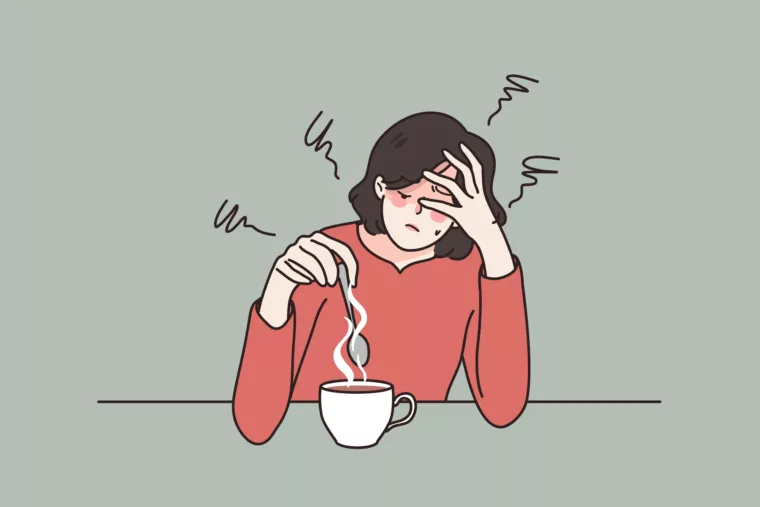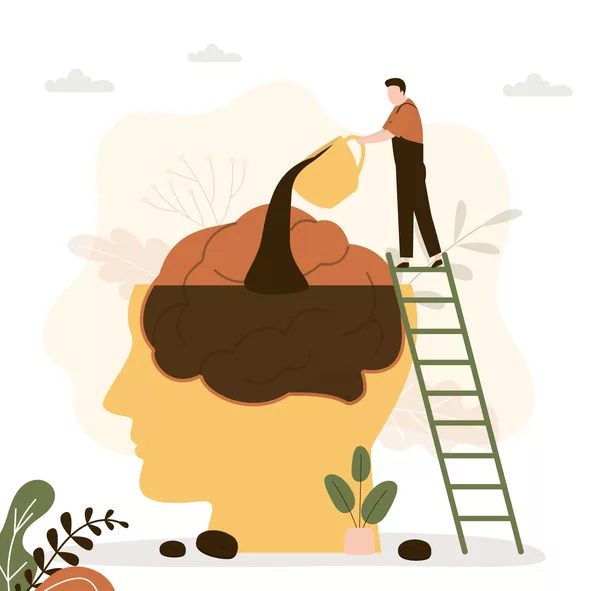Today, I’d like to talk about coffee, one of the beverages we frequently encounter in our daily lives. Many people love and often drink coffee, yet there’s a lot of curiosity about its impact on health. Let’s explore this together.
Coffee’s History and Global Popularity
- History: Coffee has a long history and is loved worldwide. It originated in the 9th century in the Middle East and has evolved through various cultures and traditions to its current form.
Basic Health Effects of Coffee Consumption
- Antioxidant Action: Coffee has strong antioxidant properties, reducing oxidative stress in the body and enhancing immunity.
- Improvement in Concentration and Memory: Coffee can improve focus and memory, aiding in study and work.
The Mechanism of Caffeine and Its Impact on Health
- Stimulation of the Central Nervous System: Caffeine wakes up the body and injects vitality. However, excessive caffeine intake can lead to sleep deprivation, physical imbalance, and cognitive decline.
Coffee and Cardiovascular Health
- Influence on Cardiovascular Health: Coffee consumption can affect cardiovascular health. Some studies have shown that moderate coffee consumption may reduce the risk of heart disease and stroke. However, excessive consumption can be associated with increased blood pressure, so it’s important to maintain an appropriate intake.
Coffee Consumption and the Digestive System
- Effect on the Digestive System: Coffee can affect the digestive system. The caffeine in coffee can stimulate the secretion of gastric acid, potentially leading to gastritis or heartburn. Therefore, those with digestive disorders should consume coffee in moderation.
Recommended Daily Coffee Intake
- 3-4 Cups a Day: Most studies suggest that 3-4 cups of coffee per day are beneficial for health. However, this can vary based on individual health conditions and sensitivity, so it’s important to find the right amount for you.
Coffee and Mental Health
- Association with Mental Health: Coffee consumption is linked to mental health. Moderate coffee intake can reduce the risk of mental illnesses like depression. However, excessive consumption can cause anxiety, tension, and sleep disorders, so it should be adjusted according to individual circumstances.
Long-term Benefits and Risks of Coffee Consumption
- Benefits and Risks: Long-term coffee consumption has various benefits and risks. Antioxidants in coffee can help prevent cancer and reduce the risk of diabetes and Parkinson’s disease. However, excessive consumption may be linked to heart disease, so it’s crucial to consume it in moderation.
Myths and Facts About Coffee Consumption
- Myths and Facts: There are various myths and facts about coffee. For example, the claim that “coffee interferes with carbohydrate absorption” is not true, and the feeling of being more energized from coffee than from caffeinated soft drinks can vary based on individual sensitivity.
Positive Effects of Caffeine
- Improved Liver Health: It is said that people who drink three cups of coffee a day have more than a 50% lower risk of liver cirrhosis compared to those who don’t
- Antioxidant Activity: The caffeine and chlorogenic acid in coffee are powerful antioxidants that protect cells from damage and contribute to overall health and disease prevention
- Reduced Risk of Kidney Stones: Caffeine intake can lower the risk of developing kidney stones. Kidney stones can be caused by dehydration, urinary tract infections, gout, and coffee consumption can help prevent them
- Stimulating Effects: Caffeine stimulates dopamine and adrenaline, helping to overcome sleepiness and improve concentration
Negative Effects of Caffeine
- Sleep Disruption: Caffeine can impair sleep quality, especially if consumed in the evening, making it harder to fall asleep.
- Anxiety and Tension: Excessive caffeine intake can increase feelings of anxiety and tension, negatively affecting daily life.
- Digestive Issues: Caffeine can increase stomach acid production, leading to gastritis or heartburn.
- Dependence: Some people may develop a dependence on caffeine, experiencing withdrawal symptoms such as headaches, fatigue, and irritability when they stop consuming it.
Understanding both the positive and negative effects of caffeine can help you make informed decisions about your consumption. Moderation is key to enjoying the benefits of caffeine while minimizing its drawbacks.
Improving Healthy Coffee Drinking Habits
- Improvement Methods: To maintain healthy coffee drinking habits, you can use natural sweeteners instead of sugar, choose decaffeinated coffee to avoid excessive caffeine intake, and drink plenty of water alongside coffee.
Coffee is a widely enjoyed beverage, but understanding its impact on health is important. While moderate coffee consumption can be beneficial, excessive intake can lead to adverse effects, so maintaining an appropriate intake is crucial. Consider the above information to cultivate healthy coffee drinking habits! ☕️











Leave a Reply